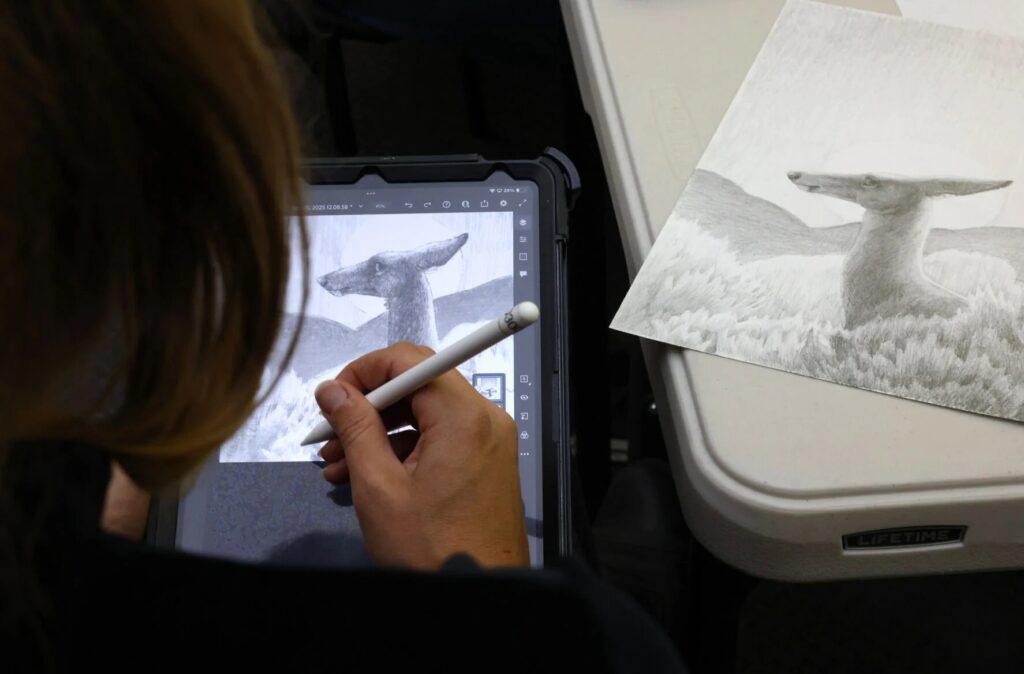Montana’s Office of Public Instruction confirmed Thursday the Treasure State received previously frozen federal funds, more than $6 million, allocated for afterschool programming.
The dollars were frozen for approximately three weeks while the Department of Education conducted a review. OPI shared a statement from the federal department earlier this month saying it would not release the funds until the review was completed to ensure “taxpayer resources are spent in accordance with the President’s priorities and the Department’s statutory responsibilities.”
A Montana afterschool advocacy group said while the release of the funds will provide stability for programs going into the upcoming school year, the funding is slated to be reduced significantly in the next proposed federal budget for Fiscal Year 2026.
Last month the federal government paused the distribution of more than $26 million appropriated for Montana education programs, including about $6.5 million for afterschool programs through 21st Century Community Learning Center grants.
Congress approved a total of $7 billion for K-12 education programs, including adult education, in a continuing resolution earlier this year and was set to match the funding approved in the previous fiscal year. But just before the July 1 deadline the Department of Education said it would not be releasing the funds, as reported by the publication Education Week.

But after 10 U.S. Senate Republicans co-signed a letter to the U.S. Office of Management and Budget last week demanding the funding be released, the federal government partially reversed course and released the funds for 21st CCLC grant recipients.
OPI spokesperson McKenna Gregg confirmed the department received a grant award notification for the afterschool program funds in an email Thursday.
Montana Afterschool Alliance Executive Director Rachel Wanderscheid said in a statement the funds were “withheld unnecessarily for three stressful weeks.”
The freeze impacted 33 subgrantees with 21st CCLC grant programs, which serves over 9,100 students in 76 programming sites across Montana, according to Wanderscheid.
One of said programs was the MAPS Media Institute with offices in Hamilton, Helena and Harlem.
The program has been in operation for more than 20 years, providing free media arts education to middle and high school kids in subjects like graphic design, music production and documentary filmmaking.
The 21st CCLC grant represented half of MAPS’ annual funding, and leaders scrambled to redesign the program in case the funding didn’t come through to keep all three programs open at reduced capacity.
MAPS Executive Director Clare Ann Harff said in a statement the program is “tremendously relieved” the freeze was lifted and grateful for community members who “raised their voices.”
“But this experience reminded us just how fragile the funding is for the programs that serve youth who need it most,” she said. “We’ll continue to advocate for the long-term stability that ensures all Montana kids can access safe, creative, and high-quality out-of-school learning. Our programs aren’t extras – they’re essential.”
Wanderscheid said while the decision to unfreeze the funds provides “much-needed” stability for the school year ahead, the “field remains under threat.”
President Donald Trump’s administration’s 2026 budget proposal outlines collapsing 21st CCLC and more than a dozen other education programs into a “K-12 Simplified Funding Program,” as outlined in the Department of Education Fiscal Year 2026 budget summary.
Wanderscheid said it would mark a nearly 70% reduction in funding for the programs, and it would be unclear if state education agencies would be able to honor the 21st CCLC three-to five-year grant commitments they have made to local programs.
“If Congress agrees to this proposal, we will see more children and youth unsupervised and at risk, fewer academic skills, more hungry kids, more chronic absenteeism, higher dropout rates, more parents forced out of their jobs, and a less STEM-ready and successful workforce as our child care crisis worsens dramatically,” she said.
Wanderscheid said the organization must continue to show “the power of afterschool and summer programs.”
“It was because of the collective efforts of all our state’s afterschool networks that uplifted this issue in a way that could not be ignored,” she said.
